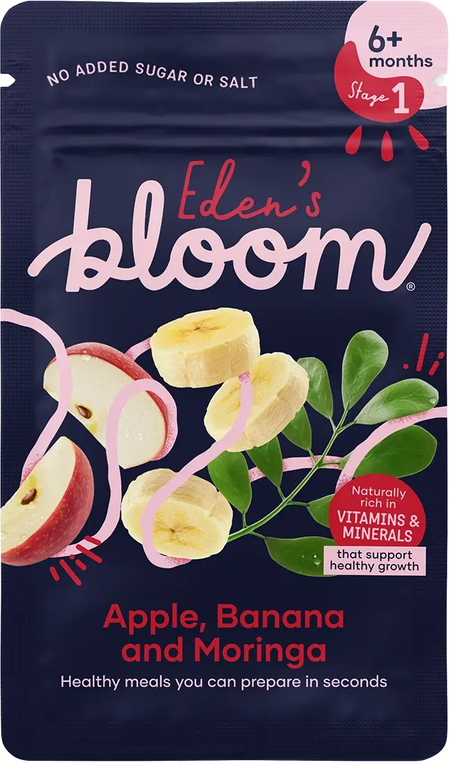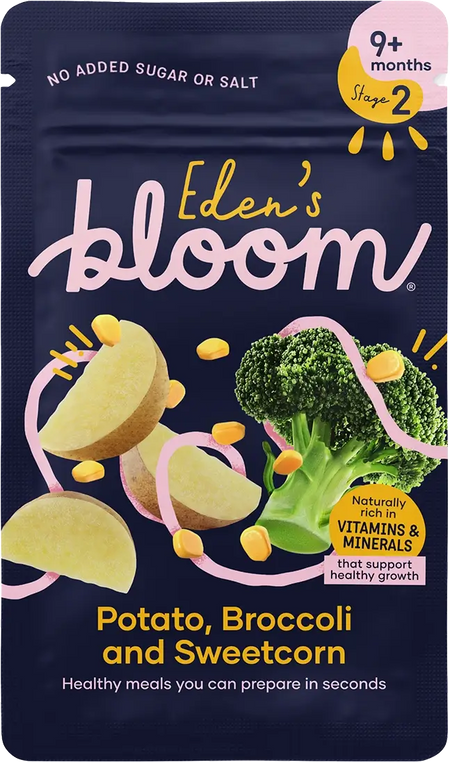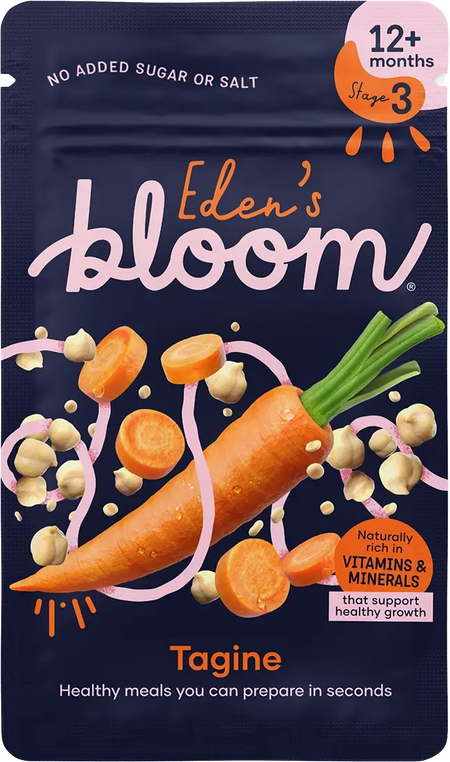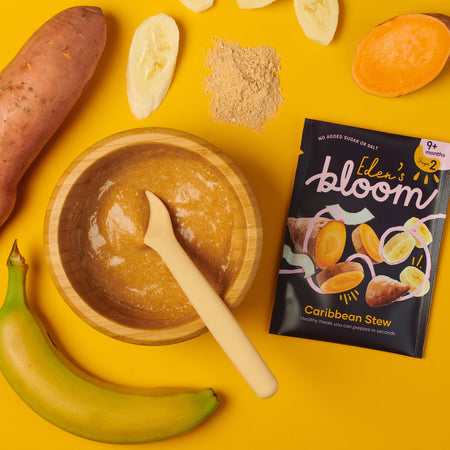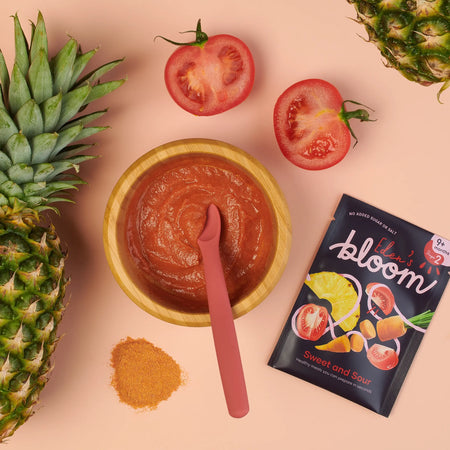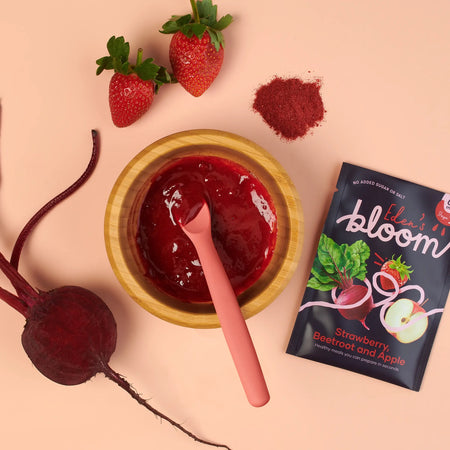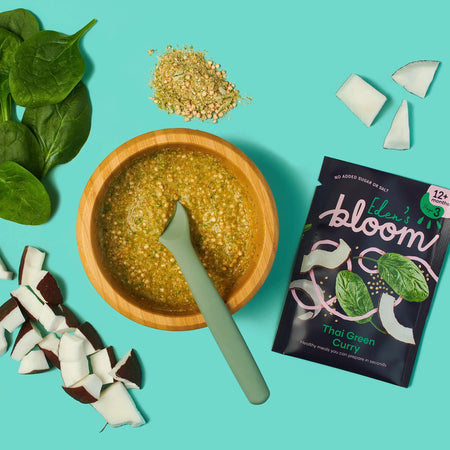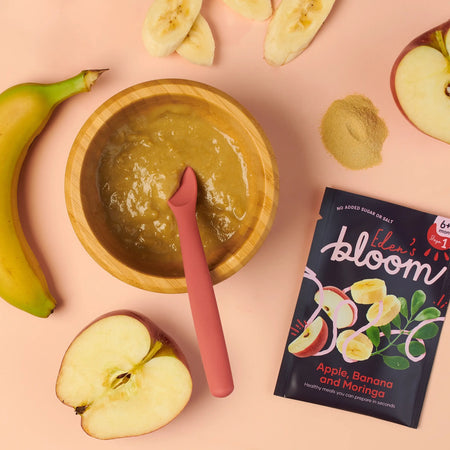
As parents, one of the most rewarding yet challenging experiences we face is nurturing our little ones through their first year of life. Among the myriad of milestones that mark this journey, perhaps one of the most significant is the introduction of solid foods. Transitioning from exclusive breastfeeding or formula feeding to incorporating solid foods is a major developmental milestone for both babies and parents alike. In this blog post, we will explore what to expect in the first year of baby feeding, including key milestones, challenges, and tips to navigate this exciting journey.
Introduction to Baby Feeding Milestones
The first year of a baby's life is a period of rapid growth and development, and nutrition plays a crucial role in supporting this process. While breast milk or formula provides essential nutrients for the first six months of life, introducing solid foods, also known as complementary feeding, becomes necessary as babies' nutritional needs evolve. In the UK, the Department of Health and Social Care recommends introducing solid foods to babies around six months of age, alongside continued breastfeeding or formula feeding. This recommendation is in line with guidance from the World Health Organization (WHO) and other leading health organisations.
6 Months: The Start of Solid Foods
Around six months of age, babies begin to show signs of readiness for solid foods. These signs include sitting up with support, showing interest in food, and being able to move food from the front of the mouth to the back for swallowing. At this stage, parents can introduce single-ingredient purees, such as mashed fruits or vegetables, iron-fortified cereals, and small amounts of protein-rich foods like pureed meats or legumes.
8-9 Months: Exploring Textures
As babies approach the eight to nine-month mark, they become more adept at chewing and swallowing and are ready to explore a variety of textures. This is the perfect time to introduce finely chopped or mashed foods with more texture, such as soft-cooked vegetables, fruits, and well-cooked grains. Offering finger foods like soft fruits, cooked vegetables, and small pieces of pasta encourages babies to practise their pincer grasp and develop their fine motor skills.
9-12 Months: Transition to Table Foods
By nine to twelve months, most babies are ready to transition to a diet consisting of a variety of table foods. At this stage, they can typically handle a wider range of textures and flavours and may enjoy feeding themselves with their fingers or using utensils. Parents can introduce a diverse array of foods from all food groups, including fruits, vegetables, whole grains, lean proteins, and healthy fats, to provide a balanced and nutritious diet.
Common Challenges and How to Overcome Them
While introducing solid foods is an exciting milestone, it can also come with its fair share of challenges. One common challenge parents may encounter is food refusal or picky eating behaviours. It's essential to remain patient and continue offering a variety of foods, even if your baby initially rejects them. Encouraging a positive mealtime environment, involving your baby in meal preparation, and being consistent with meal and snack times can help promote healthy eating habits.
Tips for Success
To navigate the first year of baby feeding successfully, it's essential to be prepared, patient, and flexible. Start with simple, single-ingredient foods and gradually introduce a variety of flavours and textures as your baby grows. Offer a balanced diet rich in fruits, vegetables, whole grains, and lean proteins, and be mindful of potential allergens. Above all, trust your instincts as a parent and enjoy this special time bonding with your little one over delicious and nutritious meals.
Navigating baby feeding milestones in the first year is such an exciting journey! It's a time filled with new experiences and discoveries for both you and your baby. By knowing what to expect at each stage and having the right tools and knowledge, you can help your baby develop healthy eating habits that will last a lifetime. Embrace the mess, celebrate the little victories, and cherish these precious moments as you nourish your little one's body and soul.
